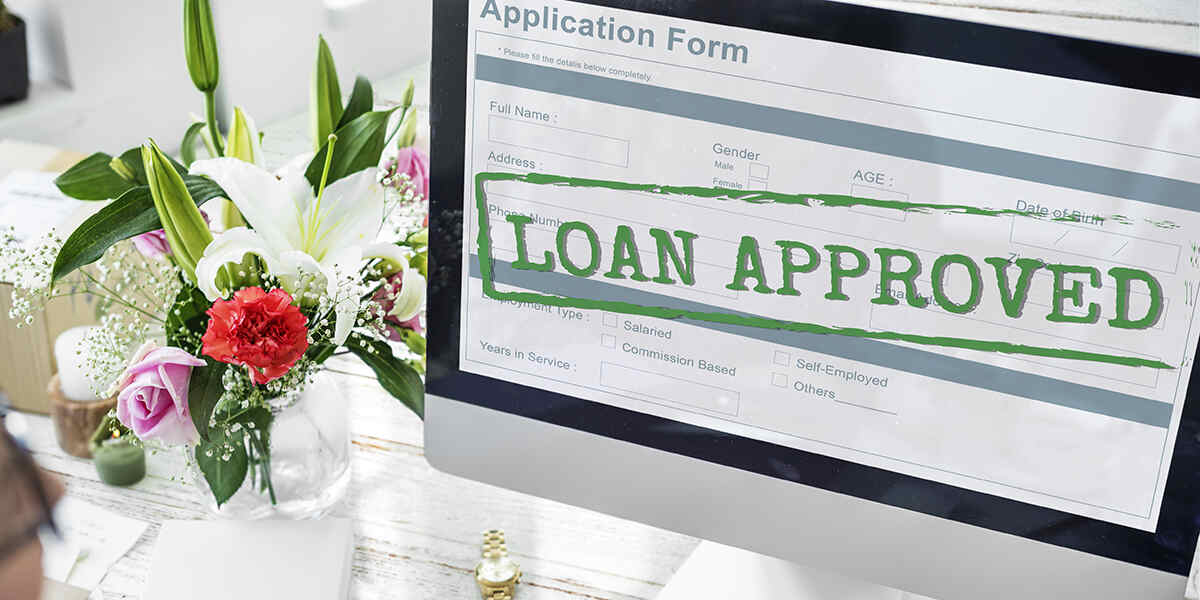Taking out any kind of loan can impact your annual tax situation. With home equity loans in particular, homeowners usually ask lenders one common question: Are home equity loans tax-deductible?
This in-depth guide will reveal everything you should know about the interest rates and possible tax deductions you can expect from a home equity loan. To discuss this topic with an experienced mortgage broker in Houston, reach out to the friendly experts at Champions Mortgage.
What Is a Home Equity Loan?
Before we reveal if home equity loans are tax-deductible, let’s first cover the basics behind this common loan. A home equity loan is also called a second mortgage because it uses your home as collateral when you secure the financing. In other words, your lender can repossess your home should you fail to repay the loan.
You can borrow any amount up to the market value of your home; however, the Federal Trade Commission reports that most lenders prefer you borrow no more than 80% of your home’s value. You’ll need to pay back the loan on a fixed term, just like your mortgage, with monthly payments that include interest. The amount that you can borrow and the interest rate you’ll pay depends on your credit history and income, which you can discuss with a broker.
Factors That Impact Your Loan Plan
Before taking out a home equity loan, you need to educate yourself on the terms and conditions. A broker can explain these to you as it pertains to your specific loan, but in general, the following components may impact your payments:
- Annual Percentage Rate: The APR of your loan includes your interest rate, broker fees, and miscellaneous charges.
- Prepayment Penalties: Some loan conditions slap you with a penalty fee for paying off the loan early.
- Balloon Payments: Borrowers may need to come up with a balloon payment that is much higher than their typical monthly payment. This is common in loan plans that target the interest rate each month rather than the principal amount.
- Credit Insurance: Your loan may require credit insurance, or you may opt to include it in your terms. This ensures payments if you become sick or even pass away.
Are Home Equity Loans Tax-Deductible?
There was a time when any homeowner could deduct their annual interest amount from a home equity loan. However, the current standard is a bit different. For a home equity loan to be fully tax-deductible, it depends on the following factors:
- When you took out the loan
- How much the loan is for
- What the loan funds are used for
Learn more about these parameters and what they mean for your taxes.
The Tax Cuts and Jobs Act of 2017
The passing of the Tax Cuts and Jobs Act of 2017 set a new standard for making home equity loans tax-deductible. One of the main features of this legislation involves limiting tax deductions for borrowers who don’t use their loans for home-related purposes.
You could once use a home equity loan to catch up on your debts or cover an emergency expense and deduct your interest payments without issue. However, this legislation dictates that you can only deduct interest when you use the funds to buy, build, or improve your home. Borrowers can now deduct interest payments if the loan goes toward projects like remodeling the home or building an addition.
Are home equity loans tax-deductible if the funds go to several causes? Say that you take out a $100,000 home equity loan with the intention of remodeling your home and paying off debts. If you invest $75,000 in your remodel and the remaining $25,000 goes towards your debts, you can only deduct the interest payments on $75,000.
Variations in Deduction Amounts
If your loan was in place before the Act’s passing, you are able to deduct more interest than those who close on their loan now. The current debt limit for interest deductions is $750,000 for joint filers and $375,000 for single filers. Prior to 2017, the deduction limit was $1,000,000 for those who file jointly and $500,000 for a single filer.
Understanding Home Equity Lines of Credit
Similar tax deduction requirements are in place for home equity lines of credit. Paying off other loans like student debt with this line of credit is not deductible, so the funds must go towards building, buying, or improving your home. The main thing to remember is that if you purchase a second home with these funds, it will be collateral if you can’t repay.
For example, you can’t take out a home equity loan or line of credit on your primary residence and then deduct interest if you use the funds to remodel a vacation home.
How To Deduct a Home Equity Loan
Now that you have an answer to the question, “Are home equity loans tax-deductible?” learn how you can successfully deduct your interest payments from your annual taxes. The following steps will help you with this process.
Confirm Your Loan Qualifications
Check all current IRS requirements and make sure that your mortgage and home equity loan meet these standards. Then confirm that your home equity loan went toward a substantial improvement to your home, such as replacing the roof or building a new addition.
Gather Mortgage Documents
Keep all mortgage statements and receipts that prove the use of your home equity loan funds. Acquire a form that shows if you paid additional interest as well.
Itemize Your Deductions
Calculate all of your payments that qualify for tax deductions and itemize them. You can either take a standard or itemized deduction, depending on what makes more sense for you.

Learn More About Home Equity Loans With Champions Mortgage
You no longer have to wonder, “Are home equity loans tax-deductible?” but you may still have questions about this type of loan. The experts at Champions Mortgage are here to help. Reach out to our team if you’re curious about home equity loans, first-time home buyer programs, and so much more.
Call our office at (281) 727-2500 to speak with a lending specialist about your home loan.







